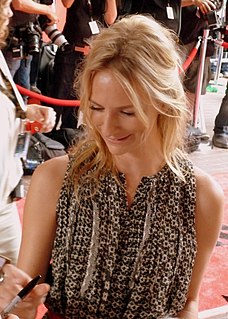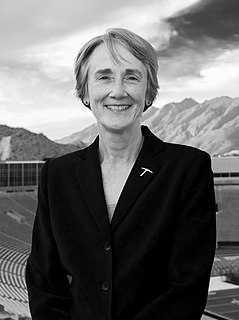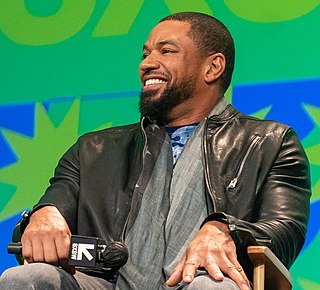A Quote by Ruth Bradley
If you think about it, there's very little about young families on TV, and yet there's so many of them.
Related Quotes
In the history of the world many souls have been, are, and will be, and with a little reflection this is marvelous and not depressing. Many jerks are made gloomy about it, for they think quantity buries them alive. That's just crazy. Numbers are very dangerous, but the main thing about them is that they humble your pride. And that's good.
I started reading Dickens when I was about 12, and I particularly liked all of the orphan books. I always liked books about young people who are left on their own with the world, and the four children's books I've written feature that very thing: children that are abandoned by their families or running away from their families or ignored by their families and having to grow up quicker than they should, like David Copperfield - having to be the hero of their own story.
I think that's what we need more of: Asian-Americans on movie screens and TV screens where they're normalized. Where it's not about them being Asian or a person of color. It's just about them being a human. I think that's why sometimes when I see movies with an Asian family, but it's very stereotyped, I don't find that relatable.



































